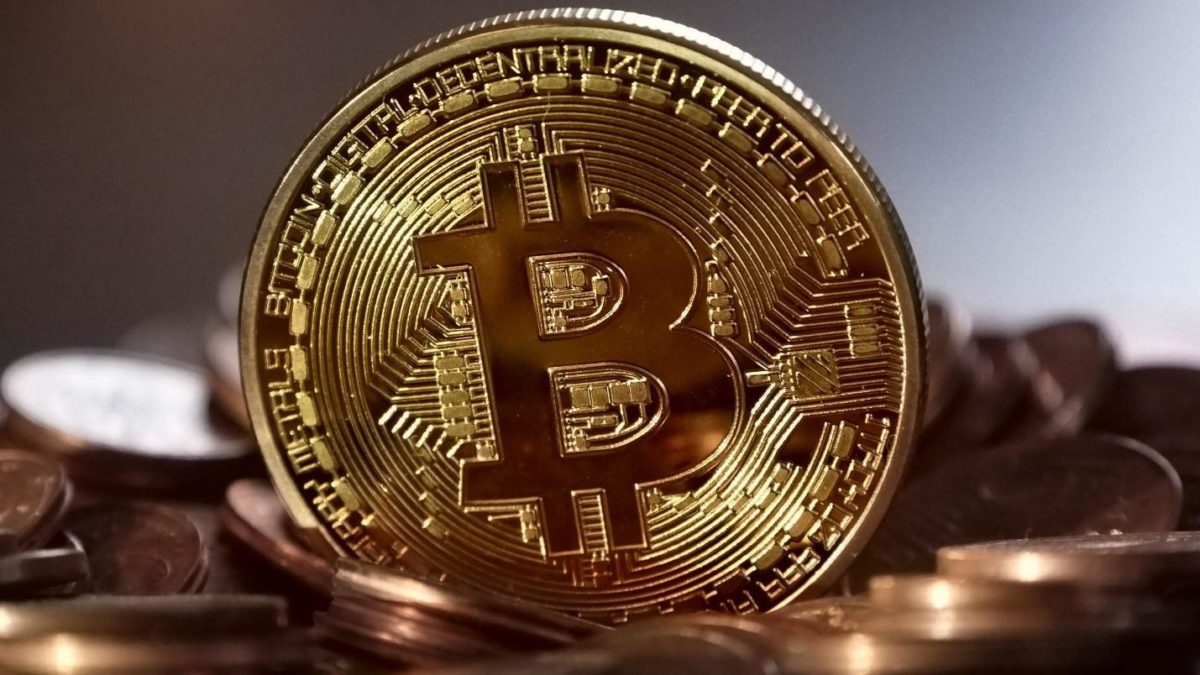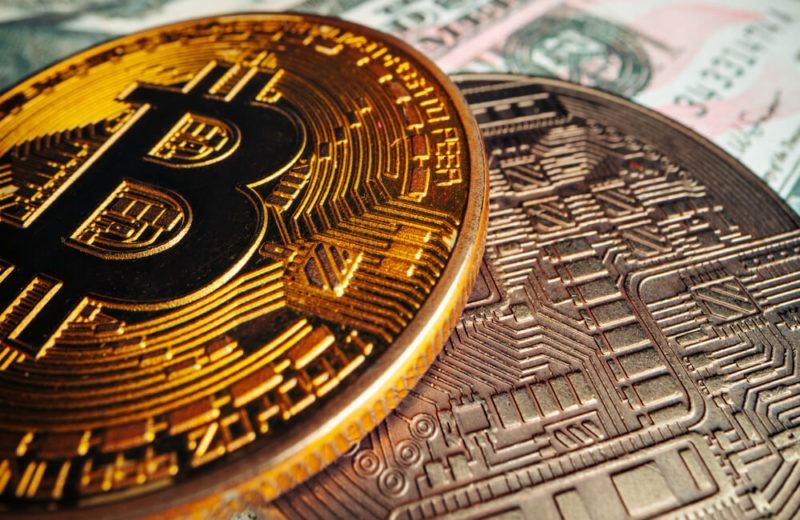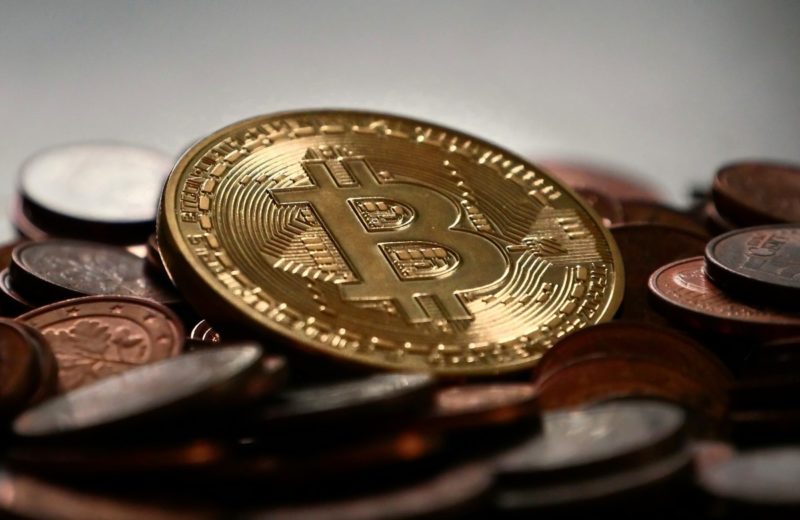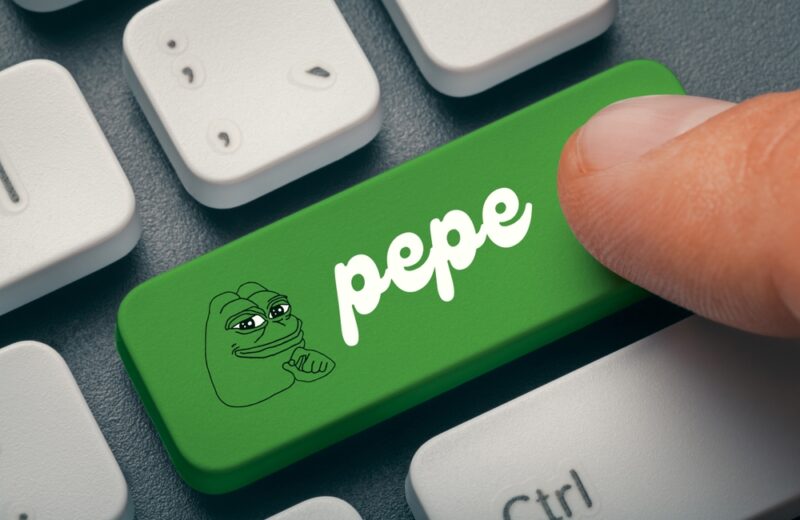PayPal, the renowned payment giant, has taken a significant stride into the cryptocurrency realm by offering select US customers access to a cryptocurrency hub. This hub enables users to engage in a range of crypto services while being subject to PayPal’s terms and conditions. While the company already supports various digital assets like Bitcoin, Bitcoin Cash, Litecoin, and Ethereum, its latest move introduces a new dimension with a U.S. dollar-backed stablecoin called PYUSD. This new stablecoin is set to become available to PayPal‘s customers worldwide, adhering to relevant regulatory frameworks.
Cryptocurrencies Hub and PYUSD Integration
The introduction of the Cryptocurrencies Hub marks PayPal’s proactive approach towards embracing the growing Web3 industry. This move enables eligible customers to seamlessly convert between PYUSD and other supported crypto assets. While this offers enhanced versatility, it’s important to note that users won’t have full ownership of the supported digital assets. Paxos Trust Company, the same company that Binance partnered with for BUSD stablecoins, will be taking care of the custody. This choice in custody solutions emphasizes the evolving nature of the crypto landscape and the role of trusted custodians.
Focus on Ethereum and DeFi Ecosystem
PayPal’s alignment with the greater DeFi ecosystem, particularly the Ethereum network, signifies its intention to tap into the rapidly growing global user base of decentralized applications. Ethereum’s prominence, developer community, and flexibility in hosting Dapps make it an ideal choice for PayPal’s stablecoin integration. The decision showcases the platform’s aspirations to work with various players within the crypto space, including traditional financial institutions and DeFi protocols.
Impact on Ethereum’s Dominance and Cardano Comparison
PayPal’s choice to anchor its stablecoin on the Ethereum network underscores the platform’s already established dominance and significance in the blockchain space. Ethereum’s ongoing transition to Ethereum 2.0 addresses scalability concerns, further cementing its position. While Cardano boasts energy efficiency through its PoS protocol, Ethereum’s existing infrastructure, coupled with the rise of DeFi and NFTs, positions it as a frontrunner in the field.
PayPal’s Stablecoin: A Game-Changing Move
The introduction of PayPal’s stablecoin has broader implications for the crypto world. In a way, PayPal bridges the gap between conventional finance and the decentralized realm of DeFi. That happens by simplifying the conversion of traditional assets to cryptocurrencies. Such a dynamic is meant to accelerate crypto adoption and contribute to market growth. Additionally, the integration of the stablecoin in cross-border transactions holds significant potential to reshape global remittance methods. In reality, those are often slow and costly. The market impact of PayPal’s stablecoin, coupled with its trusted brand, could potentially have bullish implications, benefiting various cryptocurrencies in the market.
















